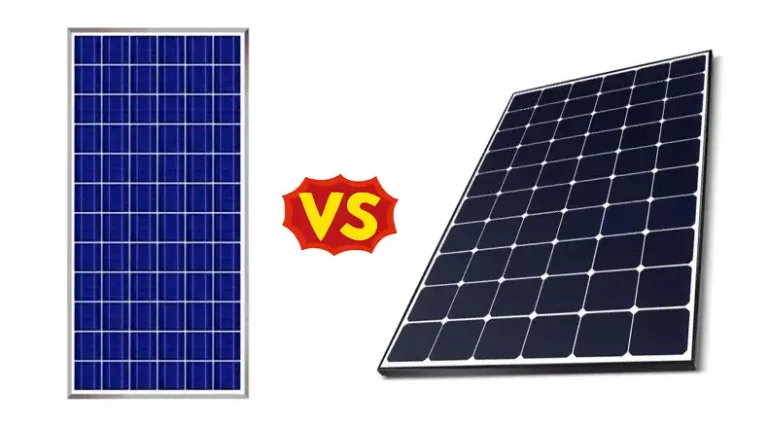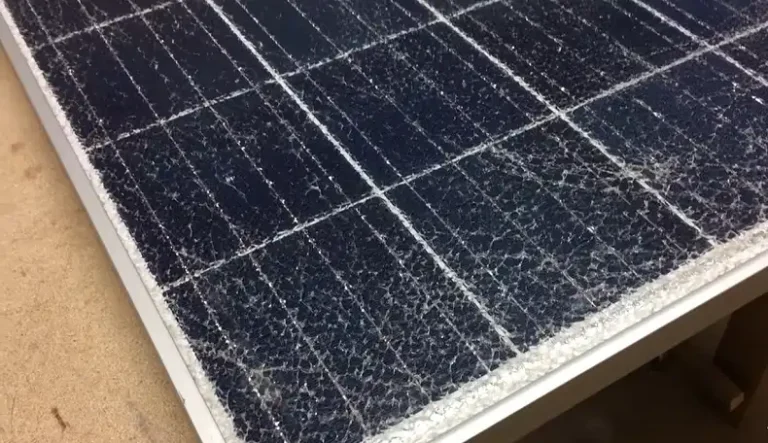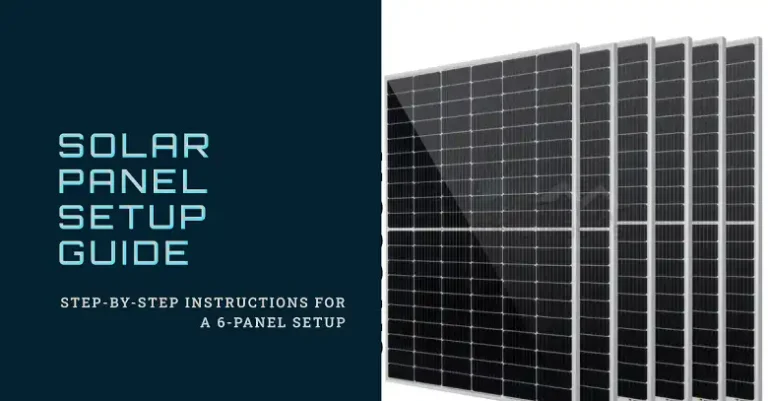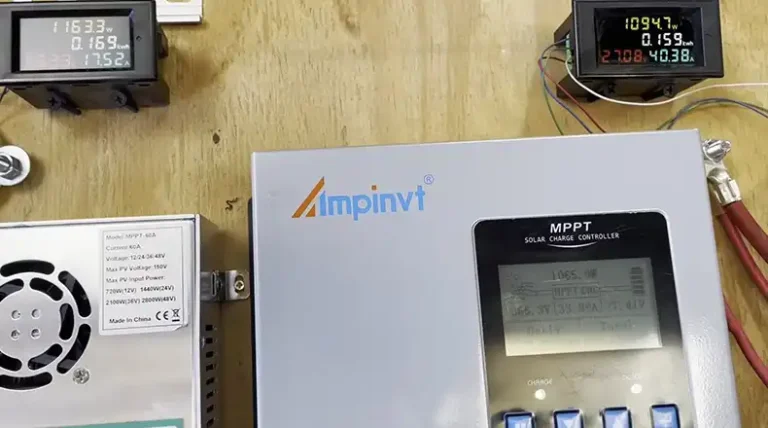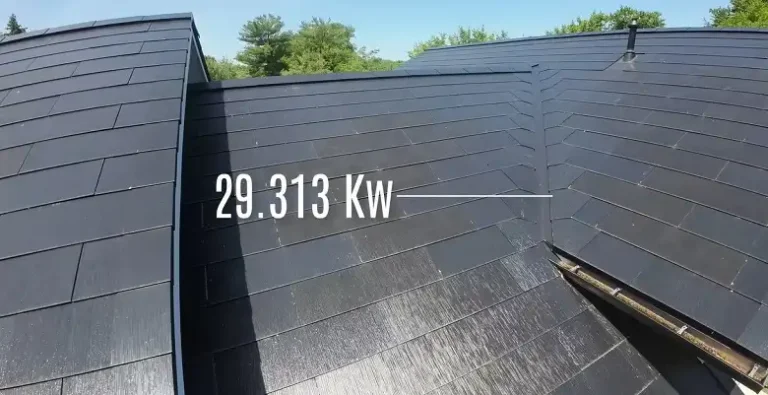Do Solar Lights Need Direct Sunlight to Charge? Is It True?
Solar lights are a popular and sustainable way to light up your outdoor space. They use sunlight to charge their batteries, so you can enjoy free, environmentally friendly lighting for hours on end. But do solar lights need direct sunlight to charge?
The short answer is yes, solar lights need direct sunlight to charge most efficiently. However, they can still get some charge even on cloudy days or in shaded areas. To gather more knowledge, be with us till the end!
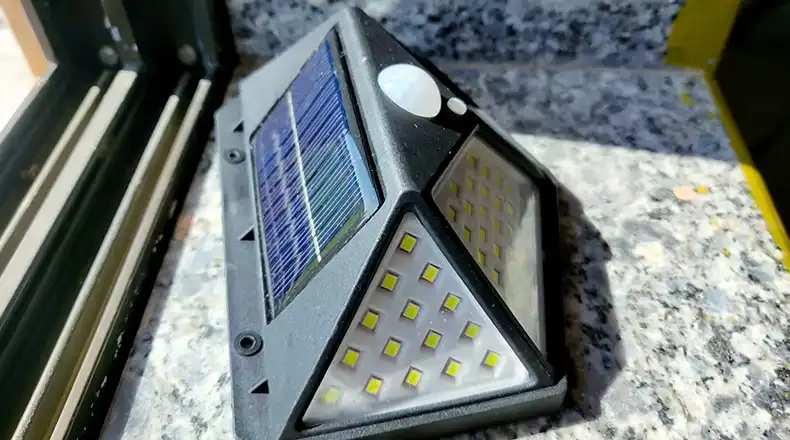
Is Direct Sunlight Mandatory for Charging Solar Lights?
Actually, no, direct sunlight is not always mandatory for charging solar lights. While these eco-friendly devices can generate electricity from indirect or diffused sunlight, they operate more efficiently in direct sunlight.
Solar lights have been a game-changer when it comes to outdoor illumination. They are cost-effective, environmentally friendly, and hassle-free. But what if you live in a place where direct sunlight is a bit of a recluse? Do you need to relocate to the Sahara desert just to keep your solar lights powered up? The answer, fortunately, is a resounding ‘no.’ Solar lights are more adaptable than you might think.
Solar panels, those sleek, shiny surfaces on your outdoor lights, are like tiny sun-guzzlers. They work by absorbing sunlight and converting it into electricity. In an ideal world, they prefer basking in direct, unobstructed sunlight. However, life isn’t always ideal, is it? So, here’s where the flexibility of solar lights comes into play.
Solar lights can still charge in indirect sunlight, such as on cloudy days or when placed in the shade. They won’t charge as quickly or efficiently as they would under direct sunlight, but the magic still happens. It’s a bit like a tanning session under a thick layer of sunscreen – it might take a little longer, but the job gets done.
Pro Tip: If you’re concerned about solar lights in shady spots, consider buying lights with detachable solar panels. This way, you can install the light where you need it and position the solar panel where it can soak up maximum sunlight.
What to Do to Charge Solar Lights that Couldn’t Receive Direct Sunlight?
So, you’ve got that beautiful garden with all those lovely trees providing shade, but you also want some solar-powered lighting to liven things up. What can you do to ensure your solar lights charge effectively in less-than-ideal conditions? We’ve got your back.
- Clean the Solar Panels: First things first, ensure your solar panels are clean and free from dust, dirt, or bird droppings. A clean panel absorbs more sunlight. It’s like giving your solar lights a spa day.
- Use High-Quality Batteries: Good batteries are the backbone of your solar lights. Invest in high-quality, rechargeable batteries to maximize their performance.
- Use Artificial Light: You can charge solar lights with any type of artificial light, such as incandescent bulbs, CFL bulbs, or LED bulbs. However, keep in mind that artificial light is not as efficient as sunlight, so it will take longer to charge your solar lights.
- Use a Solar Charger: Solar chargers are devices that can be used to charge solar lights without the need for sunlight. They typically use a USB port to connect to your solar light.
Bonus Tips
Here are some additional tips for getting the most out of your solar lights:
Clean your solar panels regularly to remove dirt and debris.
Dirt and debris can block the sunlight from reaching the solar panel, which will reduce the amount of electricity that the panel can generate. It is important to clean your solar panels regularly to ensure that they are able to absorb as much sunlight as possible.
Avoid placing your solar lights in areas where they will be shaded for most of the day.
Solar lights need direct sunlight to charge most efficiently. If you place your solar lights in a shaded area, they will not be able to charge as quickly or efficiently.
Replace the batteries in your solar lights every year or two, or more often if needed.
The batteries in solar lights will eventually need to be replaced. The lifespan of the batteries will depend on the type of batteries used, the amount of sunlight that the solar lights receive, and the frequency of use.
Final Thoughts
Solar lights are a great way to light up your outdoor space without having to rely on electricity. They are also relatively easy to maintain. However, it is important to understand how to charge solar lights properly in order to get the most out of them. If you have solar lights that cannot receive direct sunlight, there are a few things you can do to change them, such as using artificial light, a solar charger, etc.
FAQ
Can solar lights be left out in the rain?
Yes, most solar lights are weatherproof and can be left out in the rain. However, it is important to check the manufacturer’s instructions to be sure.
Can I charge solar lights indoors?
It’s not recommended. Solar lights are designed to charge outdoors with access to natural sunlight. Charging them indoors with artificial light sources may not be as effective or may take an extended period.
How long do solar lights typically take to charge?
The time it takes to charge solar lights varies depending on factors like the amount of available sunlight and the capacity of the batteries. On a sunny day, it can take 6-8 hours to fully charge, while on cloudy days, it may take longer.
Do solar lights work in winter?
Solar lights can work in winter, but their performance may be reduced due to shorter daylight hours and potentially overcast conditions. It’s essential to ensure the solar panels remain free from snow and debris for effective charging.
Are there solar lights with backup charging options?
Yes, some solar lights come with backup charging options, such as USB or AC charging. These options can be useful in situations where the lights cannot receive enough sunlight for extended periods.


